
Gen Z are no more likely to shun alcohol than older cohorts, according to new survey data.
IWSR’s Bevtrac survey of consumer sentiment in 15 global markets found the proportion of Gen Z legal drinking age (LDA+) consumers to report drinking alcohol in the past six months had risen from 66% in March 2023 to 73% in March 2025. This was the biggest increase in participation of any generation over the period.
In the UK, the upswing was even more pronounced, increasing from 66% to 76%.
Although Gen Z LDA+ consumers were slightly less likely to drink than all adults – which had a 78% participation rate – the data indicated behaviour among Gen Z drinkers was “no longer significantly different from the behaviour of other generations”, IWSR said.
And although moderation remained a growing trend across all age groups, Gen Z were more likely to agree with the statement “I am actively choosing to drink more” than any other generation, the global drinks industry market research company added.
Gen Z were also significantly more likely to drink beverage alcohol at a bar, restaurant or club, and showed a slight preference for spirits over other drinks categories.
“Moderation has been a growing trend among all drinkers for several years, but the idea that Gen Z LDA+ drinkers are somehow fundamentally different from other age groups isn’t supported by the evidence,” said IWSR COO of consumer insights Richard Halstead.
Gen Z disposable income rising
The reason for Gen Z’s prior hesitance to drink could have been driven by economic factors, Halstead postulated.
“We know that beverage alcohol consumption correlates with disposable income, and Gen Z came of age during a cost of living crisis,” he said. “Rising prices have been especially acute in bars and restaurants – places that appeal most to Gen Z drinkers.
“With every year that passes, more Gen Z drinkers are entering the workforce, and those already in the workforce are typically earning more. I think we should expect that, as their incomes rise, they will drink more often – just as millennials did before them.”
The news is likely to come as a welcome boost for major alcohol suppliers, which are grappling with declining booze consumption globally.
Global spirits volumes fell 2% in 2024, following a 1% dip in 2023 according to IWSR. Meanwhile off-trade volumes of the 100 biggest alcohol brands in the UK have fallen by 30.4 million litres in the past year, according to The Grocer’s Britain’s Biggest Alcohol Brands survey [NIQ 52 we 19 April 2025].
The declines have sent the share prices of major alcohol companies including Diageo, Pernod Ricard and Rémy Cointreau tumbling, and sparked debate over whether the industry is in long-term structural decline.
Halstead insisted, however, that there was reason to feel optimistic.
“The good news for the beverage alcohol industry is that, while moderation is set to be a long-term factor, consumption is not in a tailspin,” he said. “According to this evidence, much of the recent decline is cyclical, not structural – and is definitely not the ‘fault’ of Gen Z.”

![New Logo[55]](https://dmrqkbkq8el9i.cloudfront.net/Pictures/274x183/2/0/1/363201_newlogo55_383907_crop.jpeg)
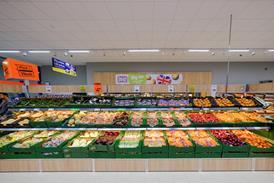

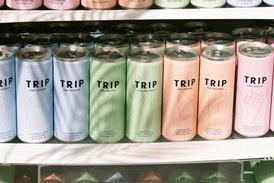


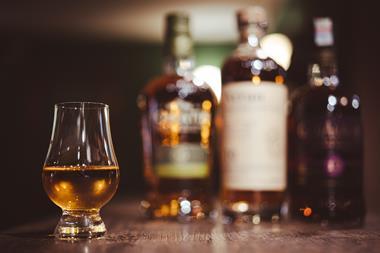
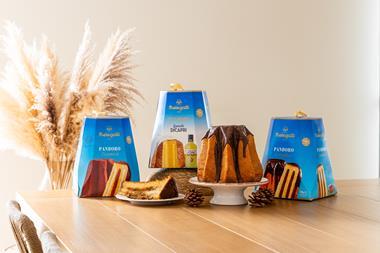


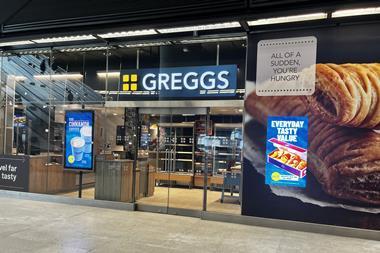
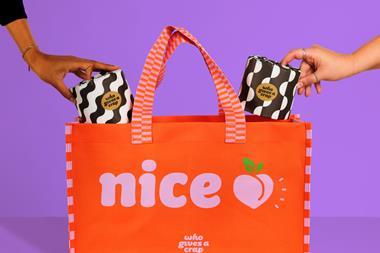
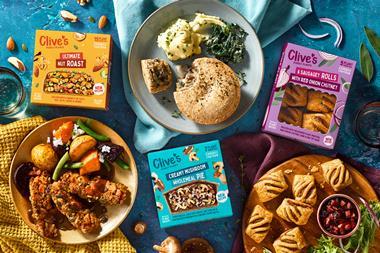



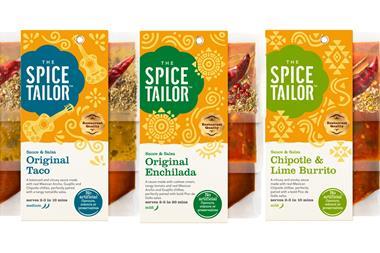
![New Logo[55]](https://dmrqkbkq8el9i.cloudfront.net/Pictures/380x253/2/0/1/363201_newlogo55_383907_crop.jpeg)
No comments yet